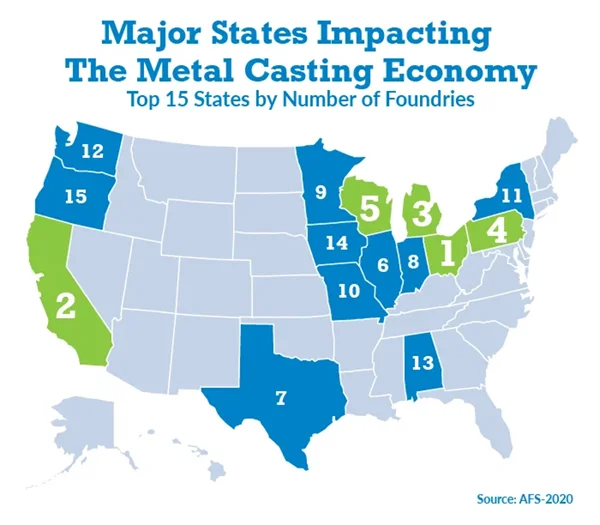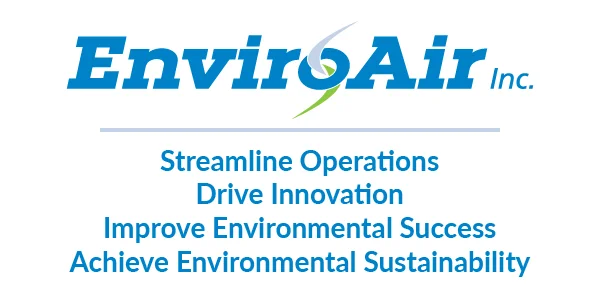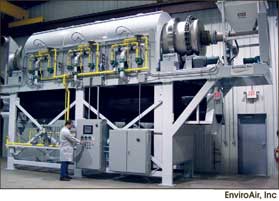Foundry sand is high-quality uniform silica sand used to make molds and cores for ferrous and nonferrous metal castings. Like many industries, the foundry and metal casting industry face several challenges due to increasing global competition, stringent environmental regulations, emissions, and waste, resulting in sustainability performance issues.
Approximately 100 million tons of Waste Foundry Sand (WFS) is annually generated worldwide by the foundry industry, with approximately 6 to 10 million tons of spent foundry sand generated annually in the United States. Unfortunately, less than 15% of this spent sand in the U.S. is recycled.

There are many issues surrounding this industry. A key issue impacting foundries is the growing capacity and management of stockpiled waste foundry sand (WFS) as it requires costly space for accumulation. Additionally, there remains a substantial environmental risk associated with stockpiled waste foundry sand due to an increased rate of toxic metal leaching from the WFS. EnviroAir offers solutions to repurpose waste foundry sand through its sand reclamation systems and reduce the need to expand storage capacity and improve production time.
Strict regulations designed to support the industries’ commitment to improve recycling to support the zero-waste goal identify landfills as not the best alternative for dumping. Without efficient technology, foundries are subject to costly disposal penalties that can greatly reduce their profit margins. EnviroAir’s Thermal Sand Reclamation process meets this challenge.
With energy costs impacting approximately 15% of foundry production, companies need to utilize the most energy-efficient technologies in order to receive substantial reductions in cost and harmful greenhouse gas emissions. EnviroAir’s vision is for the future. We continually strive to set the standard for innovative engineering and excel at environmental performance for a wide range of industries. Each and every day, we work hard to improve the impact we have on the manufacturing industry, the environment, and all our clients.
Throughout its 23-year history, EnviroAir has become a leader in developing innovative solutions that process waste sand in the most efficient, cost-effective, and environmentally sustainable way. EnviroAir’s Thermal Sand Reclamation Systems have been proven to reduce the purchase amount of virgin sand, limit excessive waste sand going to landfills, and substantially decrease associated transportation costs. Additional benefits include:
- Low operating cost – less than $7.00 per ton
- Stronger molds and cores
- Improved casting quality
- Fully automatic system – minimal manpower to operate
- Robust, simple design – low maintenance
- No cooling tower to maintain
Understanding the best technology for each client’s unique production needs has been the foundation of EnviroAir’s success and ultimately, the production success of our clients. We offer six thermal sand reclamation models ranging from ¼ to 6 tons per hour. All projects receive expert guidance and the support of experienced engineers to help clients select the most appropriate technological approach for their projects.

Now, spent foundry sand can be reclaimed and reused safely, saving energy, and reducing the need for mining virgin materials. An EnviroAir Engineer is here to discuss your options as well as the benefits behind them for your company. Contact EnviroAir Today at 262-594-5891 for more information.
